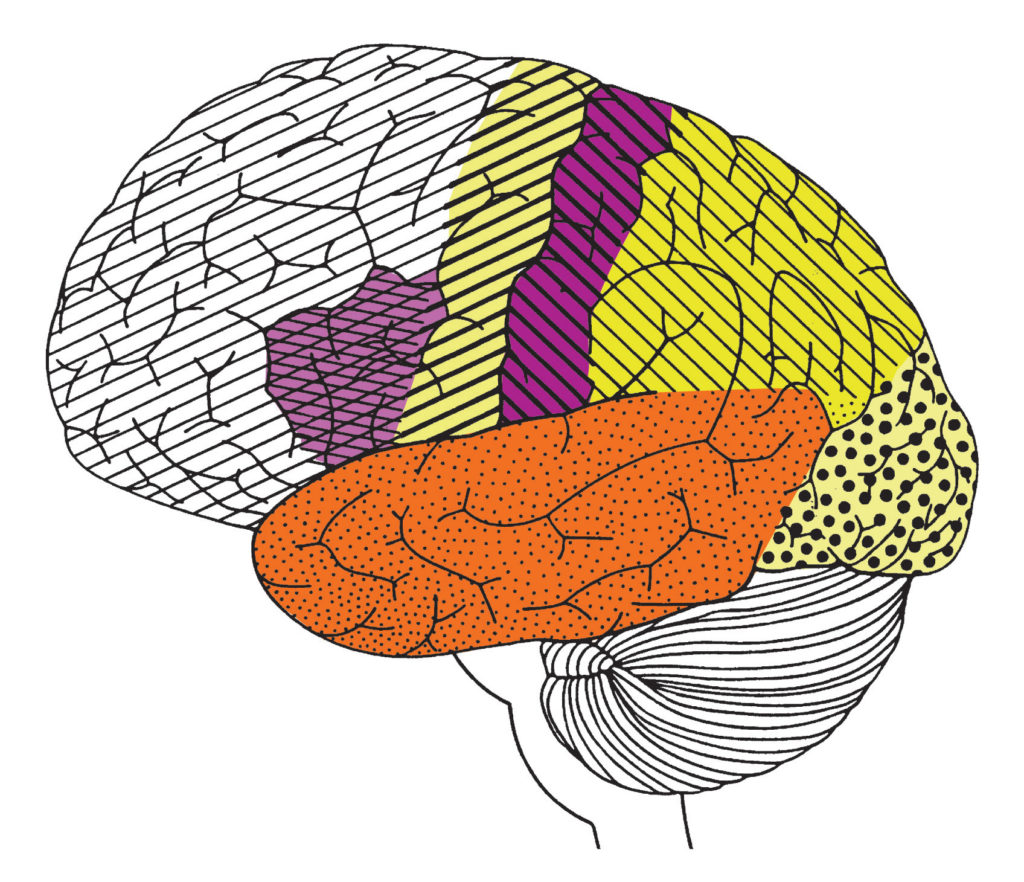American politician and former President Franklin D. Roosevelt once said that “men are not prisoners of fate, but of their own minds. “This phrase seems very true, especially when one realizes how much the mind rests.
To explain this phenomenon, we will rely on the teachings of psychologist Maite Finch, the truth is that, in states of anxiety or stress, the neurochemistry of the brain changes.
- Usually.
- The brain’s amygdala sends the proper commands to the mental and emotional system.
- However.
- What if this state of anxiety or stress kicks in when there is no real need to be alert?.
Sometimes our interpretations of reality and how we live it can activate similar models of brain neurochemistry, so these thought patterns can lead us to suffer a constant state of discomfort and anxiety.
Maite Finch believes that there are several reasons why your mind does not let you rest, let’s see how they work so that you can work and overcome them.
Sometimes something looks beautiful, bright and spectacular. Other times, however, everything seems terrible, dark and too negative. It would be, in a way, to think of black and white, to believe in the extremes, without points in common, without intermediate gray scales.
If you think black and white, according to Finch, you only have two thought patterns: either everything is very bad or everything is fine, that is, when your expectations are met, everything will be excellent, but when you don’t, everything will be terrible and the feeling that things are going wrong will be very intense.
Let’s talk about another reason why your mind prevents rest: Finch calls it emotional reasoning. This case implies that decision-making is not so much conditioned by logic or intuition, but by how you feel.
In other words, are they emotions, without management or control?this will have a higher weight on the scale. So if you feel bad, you’ll judge people and situations negatively. In turn, these situations, because of their attitude and willingness, will tend to confirm your hypothesis. This will start a circle prone to feedback.
? The mind is like a parachute, doesn’t it work if it’s not open?. – Frank Zappa–
Finch considers that a person has a tunnel vision when the pattern of thought is governed by life’s most complicated experiences, that is, you associate your relationships with everything that happens at a given time, usually in trouble.
In this way, your mind is constantly alert to recognize people and negative situations, dedicating most efforts to protect you from potential threats, its goal is only to detect dangers, discomforts and stressful situations.
That is, your mind is constantly looking for bad situations or circumstances, this level of vigilance and vigilance is so marked that it distorts perception, thinking and any other kind of attitude that is not in phase.
Optimism begins to play against us when it acts as an opaque sale to problems, it also does so when it completely eliminates caution in the way we act, or when it is based solely on a thought of luck.
Illusory or exaggerated optimism can prevent us from ingring a Plan B in the event of a problem, and can also prevent us from making different adjustments when the results don’t go as planned.
In this case we customize everything, we take events personally, that is, all that happens to us is our fault, if we behave in this way we will live in a state of constant anxiety, because unfortunately it is common. for negative things to happen.
According to Finch, we must be aware that not everything depends on us, it is necessary to share responsibilities. Also, if we constantly suffer mistakes, we will project great anxiety for the future.

